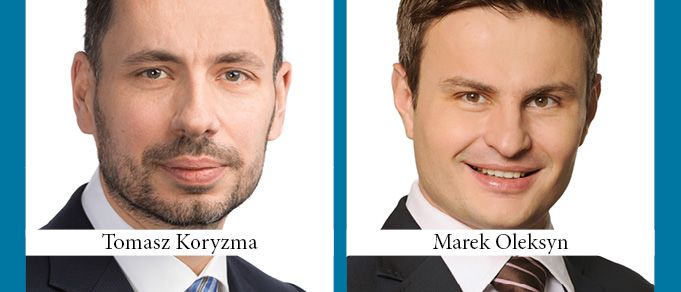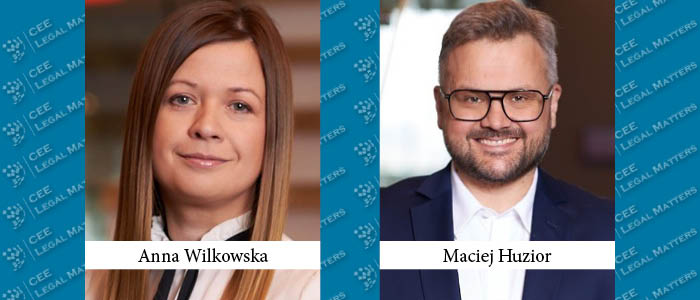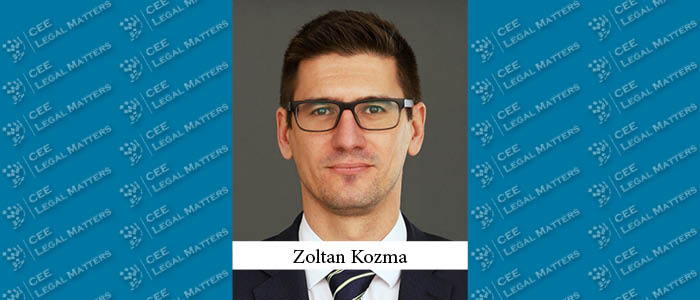Intellectual Property protection in its modern sense is considered to be quite young in Russia. Although Russia is not far behind world standards for protection and enforcement of Intellectual Property, major changes took place in Russia in 2008. Almost ten years ago the Fourth Chapter of the Russian Civil Code incorporating various Intellectual Property-related rules came into effect. Of course, this area of law is still changing, leading to new amendments, improvement proposals, and legal discussions.
Legal Status of Software Under IP Laws of Belarus
As a prominent IT-hub in CEE, Belarus gave life to quite a few players in the international IT arena, including EPAM, Wargaming.net, Viber, MAPS.ME, MSQRD, Prisma, and many, many others. More and more Western software and hardware companies are entering into long-term partnerships or other contractual relationships with Belarusian talent. In this context, the basic principles of Belarusian legal regulations that govern the protection and transfer of IP rights related to software are increasingly important.
Are IP Right Holders Worse Off After Litigating?
Civil damages awards are one of the primary – and often most important – remedies for infringements of intellectual property rights. Damages serve both as compensation to the right holder for the economic detriment that results from an infringement and as a specific and general deterrent to would-be infringers. – The European Observatory on Counterfeiting and Piracy, “Damages in Intellectual Property Rights” (2009/2010).
IP Challenges for Hungarian Startups
Kinstellar Budapest moderated a panel discussion as part of the Startup Safary Budapest 2017 startup exhibition, which included sharing insight on the start-up ecosystem and expectations for 2017 in Hungary.
Major Change to Czech Pharmaceutical Legislation: MA Holders’ New Obligation
The Czech Parliament recently passed a bill amending the country’s Pharmaceutical Act to restrict the exportation of pharmaceuticals from the Czech market that has, in the past, resulted in a shortage of some medicinal products within the country. The Czech pharmaceutical market is thus facing a substantial change once the amendment becomes effective on December 1, 2017.
Patent Assignment and Licensing in Poland
With ever-increasing spending on research and development and innovation, patents and patent applications are becoming an increasingly important part of business throughout the world, including Poland. Patentable inventions as well as confidential technological know-how now constitute key assets of numerous businesses operating across all sectors of the Polish market.
Persons Entitled to File a Claim to Terminate the Exclusive Right of a Trademark Holder for Non-Use in Estonia
Some time ago the Supreme Court of Estonia issued Decision No 3-2-1-167-14 in a cancellation action involving the substantial question of determination of an interested party. This decision expanded the rights of the trademark owners. However, even though the decision provides some insight on which interested parties may file a cancellation action based on non-use of a trademark, the term “an interested party” still remains vague in Estonia.
































